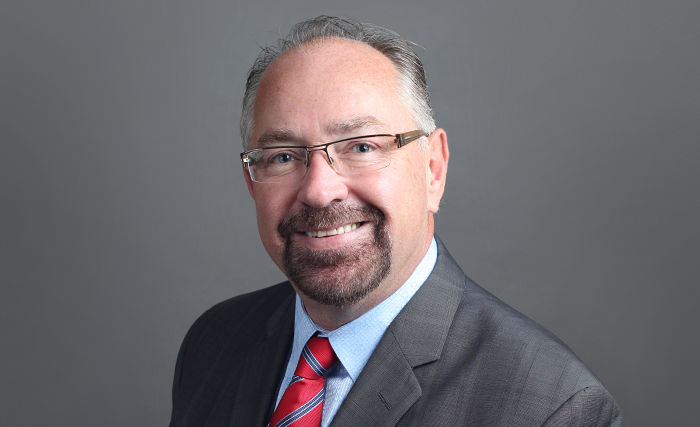The most common mistake snowbirds make is not completing the medical questionnaire correctly, explains Alex Bittner, president of the Travel Health Insurance Association of Canada (THIA) and director, broker and specialty distribution at Manulife. Bittner says it is important that advisors make sure that their snowbirds are completing the travel insurance questionnaires correctly as there are a lot of detailed medical questions.
Erin Finn, director, underwriting for RSA Travel at RSA Canada, says it’s very important for clients to answer every question truthfully and accurately in order to make sure they have coverage.
“If they don’t answer the questions on the application correctly, their coverage may be null and void and people don’t expect that. If you’re unsure, don’t take a guess, ask the client to check with their doctor, or even give the insurance company a call to clarify the question.
An advisor, Finn says, should never – under any circumstance – answer the questions on the behalf of a client or give medical advice.
“It really is the client’s responsibility to check with their doctor on any questions relating to medical conditions,” Finn says the full responsibility lies with the client in the end.
Robin Ingle, CEO of Ingle International says advisors need to be careful since many snowbirds tend to overestimate their capabilities when answering the questions.
“A 70-year-old today, thinks they’re in their 50s. What they are capable of and what they believe they are capable of, has changed and is different usually,” he says.
Simpler applications
The insurance industry is growing and adapting to consumer demand, with many experts predicting simple questionnaires will be the way forward for the travel insurance industry.
Bittner says regulators and THIA saw concerns with difficult questionnaires that the average consumer struggles to understand. Some insurance companies have taken steps to simplifying the process already.
“At RSA, we’re trying to simplify the application process so people can understand and know what they apply for,” says Finn.
However, Finn says advisors and insurance companies need to take further steps with education. Even though snowbirds are already being the most advised, she sees a lot of people who don’t understand what they’re applying for.
“We’re trying to ask fewer questions, so that people have a good level of confidence when they apply. I think you will see that trend in the next few seasons,” she says.
Recently there has also been a trend of using individual risk rating to determine coverage. Bittner says there’s been increased usage of Individual Risk ratings in the travel insurance industry and it’s a great method of ensuring client gets the right coverage.
Bittner says instead of grouping all clients into one, it allows the policy to be customised more. He expects to see this trend expand with younger people, who are more open to sharing their medical history, if there are benefits from having a more tailored policy













